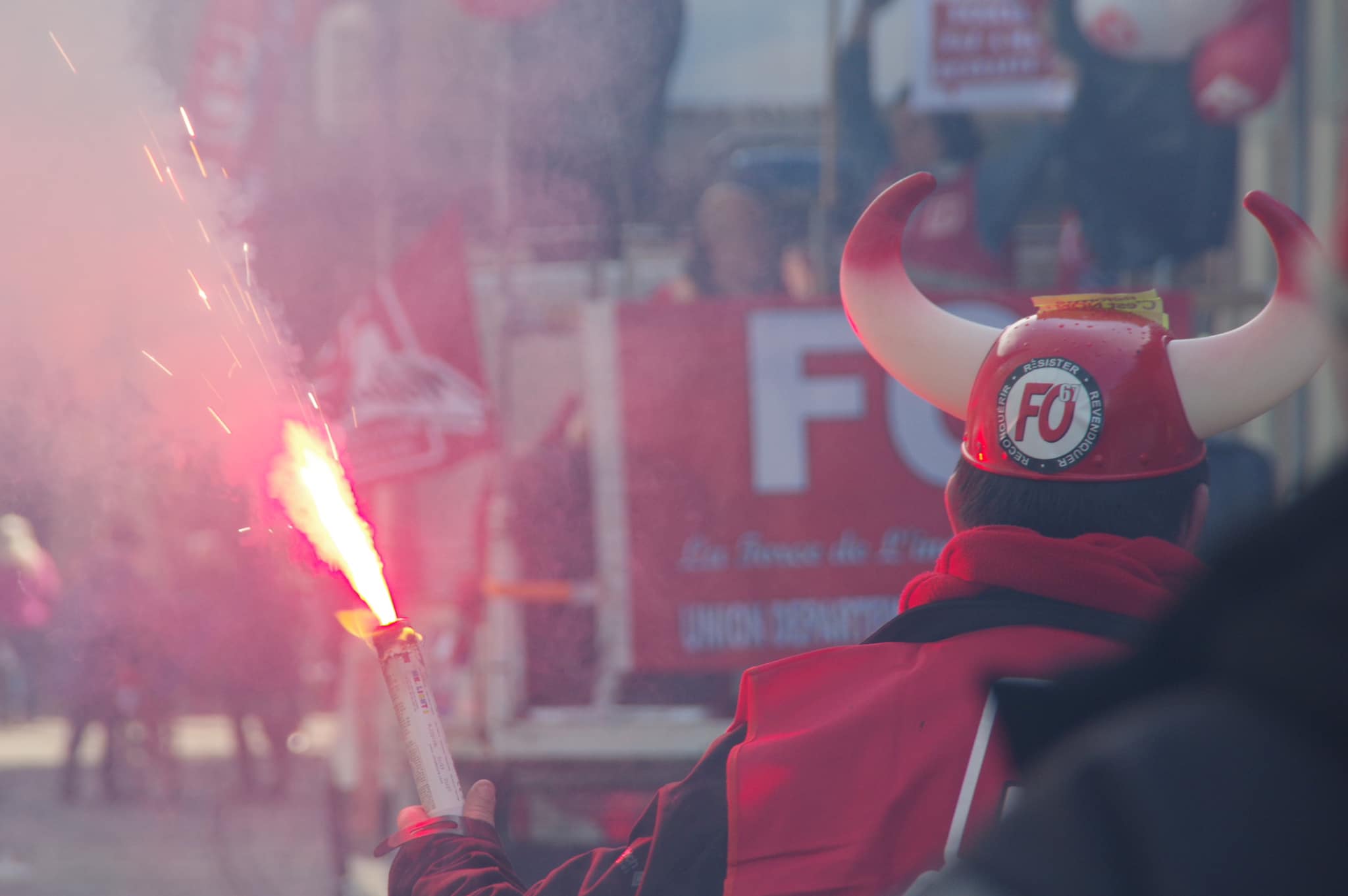
Published 14/04/2023 18:44 | Edited 4/17/2023 1:27 PM
The Social Security reform was approved this Friday (14) by the Constitutional Council of France, the last barrier that could prevent the imposition of raising the minimum retirement age from 62 to 64 years. Since the reform was imposed by President Emmanuel Macron on March 16, the protests that were already taking place have gained momentum. Workers and unions organized days of demonstrations with strikes in various sectors that paralyzed the country.
On Thursday (13), the 12th national day of protests took place, bringing together millions of demonstrators. Even with all the appeal and the presence of the population in the streets, the Court was not sensitized and maintained Macron’s maneuver that used a constitutional article to not pass the text through parliament, avoiding the chance of being rejected.
Now Macron must sign the law within 48 hours, but the protests continue and the revolt of the demonstrators who remain in the streets has been repressed by the security forces.
approval and revolt
In addition to maintaining the central point of increasing the minimum age, the French Council also rejected the request for a referendum with the population. A new referendum request must be considered on May 3.
In the parts of Macron’s measure that were vetoed are the reservation of vacancies for people between 55 and 64 years old in companies with more than a thousand employees and the incentive to hire people over 60 years old for long-term vacancies.
The negative repercussions should wear down Macron’s government even more. Surveys indicate that two out of three French people reject the reform. The president intended to meet with union representatives next week, but they all declined.
The General Confederation of Labor (CGT), the main organizer of workers, has already communicated that until May 1st, International Labor Day, it will not meet with any authority if they do not back down from the decision. On that date, unions organize themselves for a new major demonstration if their claims are not met.
During the days of struggle of the workers, several confrontations took place, with demonstrators arrested and arrested. In recent weeks, invasions have been recorded in Paris: at the BlackRock building – one of the main heritage managers in the world – and by the protest in front of the La Rotonde cafeteria, with the beginning of a fire on the facade. Last night, protesters invaded the headquarters of the luxury group LVMH, which owns brands such as Louis Vuitton and Dior, and clashes took place in Place de la Bastille, a symbolic site of the French Revolution.
See some images of the confrontations that followed after the approval of the Constitutional Council:
*With international agencies
Source: vermelho.org.br

